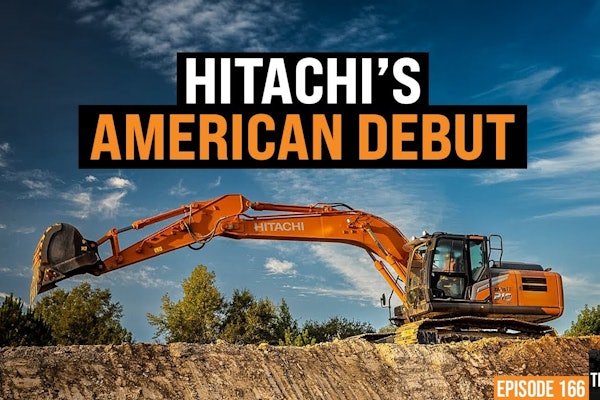The National Asphalt Pavement Association (NAPA) has published what it’s calling the asphalt industry’s first-ever sustainability report.
In announcing this publication, NAPA President Mike Acott commented in a written statement: “Most people probably do not give much thought to asphalt, even though it is an important part of our lives – after all, 94 percent of America’s 2 million miles of paved roads are surfaced with asphalt. And if people do think about asphalt, they may not realize what an environmentally friendly material it is. They may not even know that asphalt is America’s most reused and recycled product.”
He also added: “The asphalt pavement industry is proud of its record in environmental sustainability. For decades, we have been proactive in creating and implementing products and processes that reduce the impact of our operations on the environment. This new report discusses some of the products and processes we have developed – warm-mix asphalt, reuse/recycling, porous asphalt, and Perpetual Pavements – and shows how an accelerated deployment program could lead to even greater achievements.”
The report, titled “Black and Green: Sustainable Asphalt, Now and Tomorrow,” can be downloaded from www.hotmix.org/sustainability. It highlights the ways in which the asphalt industry’s everyday practices address climate change, improve air quality and water quality, provide green jobs, and reduce the carbon footprint of pavements. While environmental sustainability is the chief focus of the report, economic and social sustainability are also touched on.
For example, says Acott in the written statement, the fact that asphalt is America’s most reused and recycled material has obvious environmental benefits such as conserving natural resources and reducing the need to acquire raw materials.
Economic benefits of reuse/recycling include reducing the cost of roads to taxpayers. Combined with Perpetual Pavements, reuse/recycling contributes to social sustainability by allowing for roads to remain in service while they are being rehabilitated, according to Acott.
This reduces congestion, improving quality of life by saving time – an additional social benefit. Completing the circle, reducing congestion also has the environmental benefit of cutting down on excess emissions that might have been generated by vehicles sitting in traffic.
The sustainability report “Black and Green: Sustainable Asphalt, Now and Tomorrow” (publication number SR-200) can be downloaded free from www.hotmix.org/sustainability.











